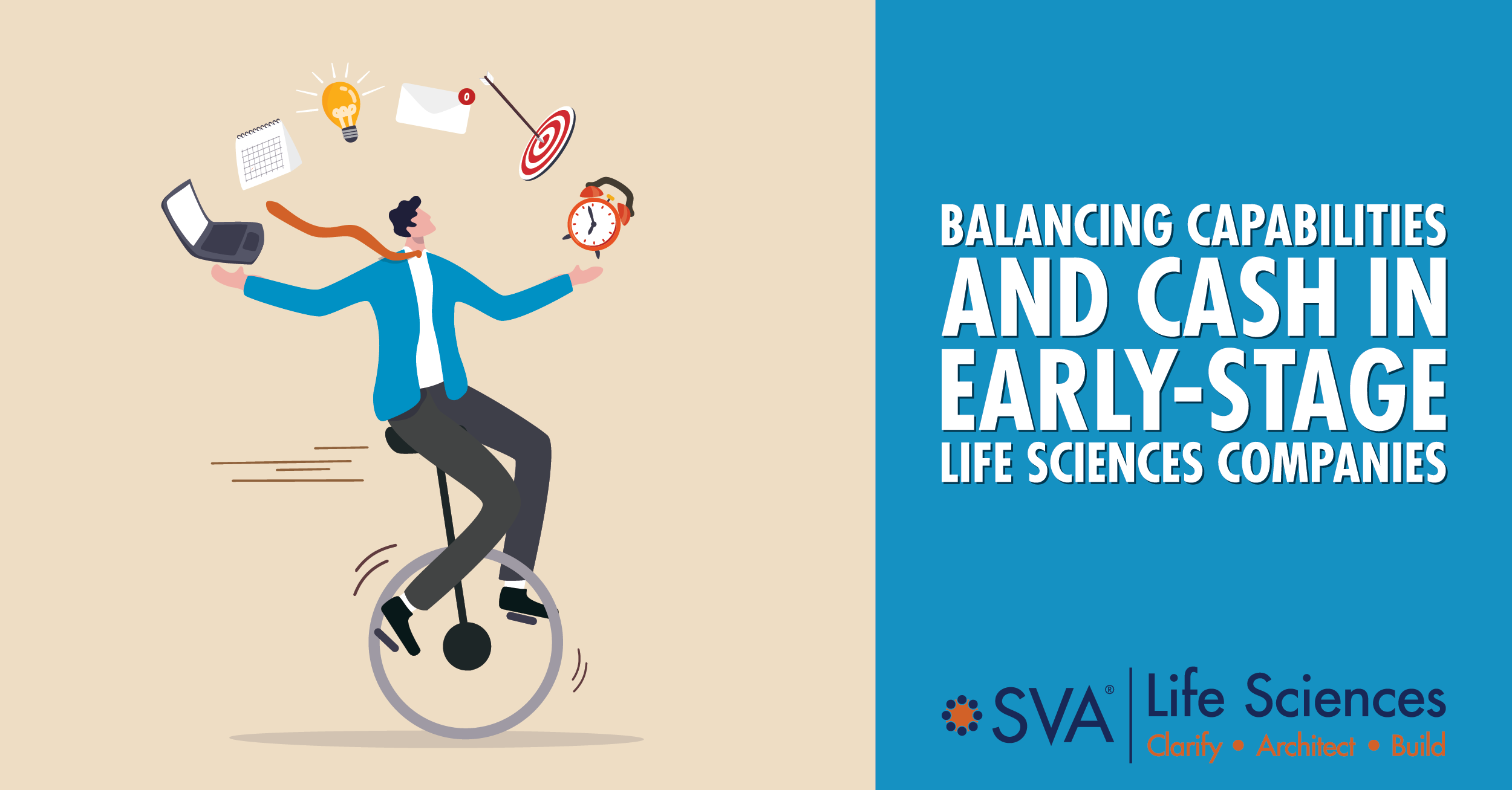In the fast-paced world of life sciences, especially in early-stage cell and gene therapy companies, a tug-of-war exists between investing in critical capabilities and conserving cash. This is not just a minor pain point; it's a dilemma that can make or break your venture before it even reaches clinical trials. So how do you navigate these competing priorities effectively?
Your biggest financial line item isn't just the cost of clinical trials—it's often the cash burn that occurs in other operational areas like personnel and infrastructure. Running out of money before hitting critical milestones could spell disaster, even if you have a potentially groundbreaking product.
Founders or senior executives from larger pharmaceutical backgrounds may find themselves ensnared in a "big-company" mindset. They may be accustomed to robust teams and intricate infrastructure, often taking for granted the less visible elements like technology and specialized human resources. In a smaller setting, this approach can rapidly drain your resources, forcing you into a perpetual fundraising cycle.
Rethinking Business Efficiency
In a small organization, you don't have the luxury to specialize; you often wear multiple hats out of necessity. From HR to facilities management, every role is vital for the company's success. The challenge lies in breaking free from the big-company mindset, where infrastructural support is often taken for granted.
The idea that business efficiency is inversely proportional to company size is a myth that needs debunking. You can run a lean, nimble, and efficient operation without compromising on quality. The secret? Outsourcing to specialized third-party service providers. Relying on consultancy and external expertise adds in an efficiency that wouldn’t be possible without outside help.
The Power of Consultancy and Outsourcing
A consultant doesn't just offer advice; they can provide tangible resources and tools to streamline your operations. You don't always need full-time employees invested in every department of your business. A consultancy can offer the same level of expertise without the long-term financial commitment, preserving cash for other crucial aspects like clinical trials.
Outsourcing is not just a cost-saving strategy; it's a growth tactic. For early-stage companies, judicious outsourcing can help keep the focus on the core competencies that will drive the business forward.
In some life sciences start-ups, it may make sense to outsource the entire finance and accounting department. At this early stage, your focus should be on clinical trials and fundraising. While you might need to keep tabs on cash reconciliation and some basic financial statements for your venture capital backers, investing in an entire finance team could be unnecessarily costly.
IT functions are also a good bet for outsourcing. It may not be prudent to have a full-time employee bogged down in help desk tickets and software setup.
By outsourcing IT and accounting roles, you will have the flexibility to reallocate your internal talent where they're most needed. As your company grows, you'll naturally diversify and expand. Outsourcing allows you to scale quickly and efficiently without adding stress on your existing teams.
Beware of Shopping Cart Syndrome
“Shopping Cart Syndrome” is when new hires, typically in senior roles, want to implement their favorite Big Pharma applications. They may not understand how to build from the ground up and scale appropriately. Each new hire may want to use a different application, and these systems may not work together or allow your business to scale effectively.
 Insight: What is "Shopping Cart" Syndrome in Emerging Biopharma? Tips for Choosing the Right Business Applications
Insight: What is "Shopping Cart" Syndrome in Emerging Biopharma? Tips for Choosing the Right Business Applications
It’s important to take a step back and determine the most efficient and advantageous way of purchasing technology for your company. In this case, more is not always better.
Prioritizing investments while preserving cash is a tightrope walk, especially for early-stage life science companies. Relying on third-party expertise, breaking free from the big-company mindset, and focusing on strategic initiatives can help you navigate this complex landscape.

© 2023 SVA Life Sciences

